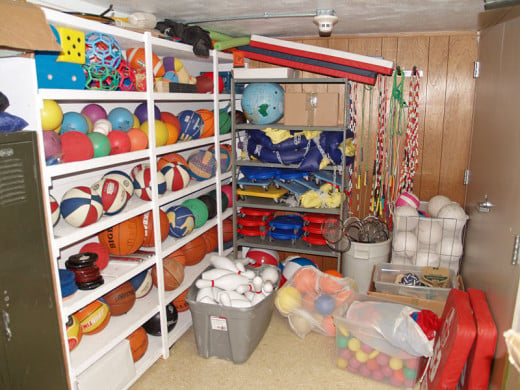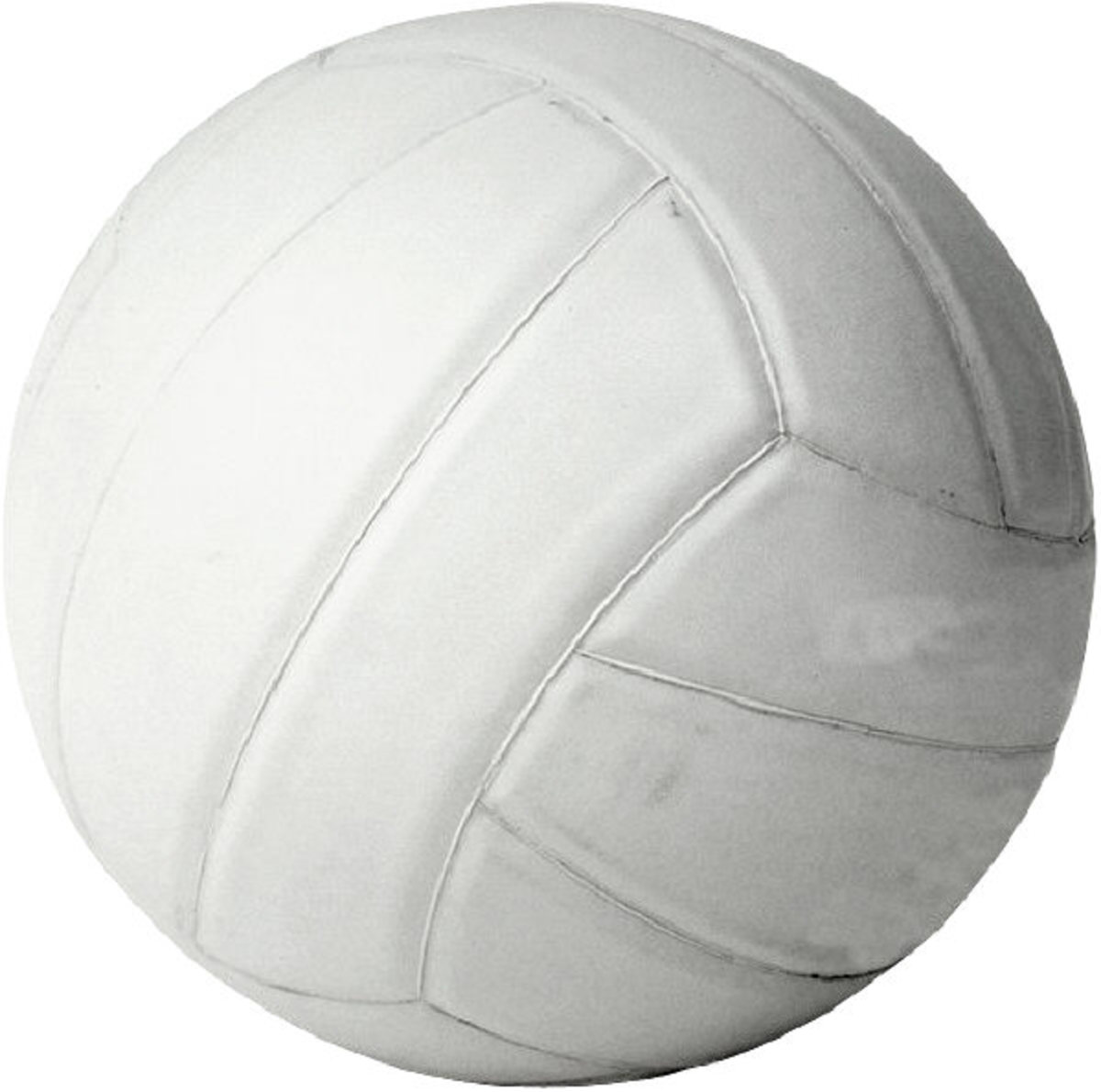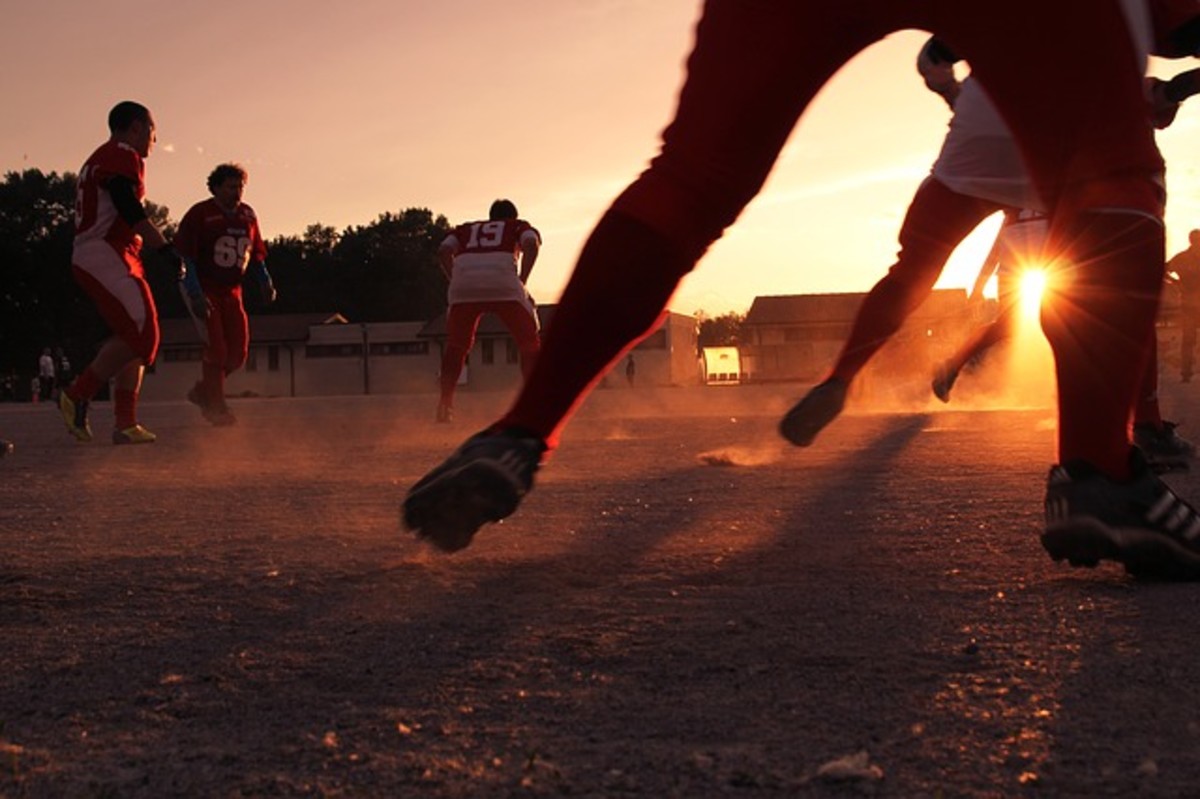High School Baseball, How to Make a Team
Sports Gear

Life Lessons
I’m a pretty big sports fan. One of the reasons that I enjoy sports is because important life lessons can be learned when participating in them. Athletes learn that working with their teammates, in team sports, is a great way to be successful and win the game or match you are competing in. This experience helps when you are working on that project at work years down the road. You learn that working with others has benefits and can lead to the overall success of all involved.
Obviously this is just one example of what sports can give us in life.
To take advantage of this teamwork lesson a certain level of acceptance will need to occur on the team that you are playing for. If the team doesn’t come together as a cohesive unit this valuable lesson will be much more difficult to learn and the season won’t be nearly as enjoyable as it could have been.
School Sports
Did you participate in any school sports growing up?
Being Yourself
I’m a big believer in being who you are. Most of us aren’t very good actors and any show that we put on to impress people is usually pretty obvious and can be received as disingenuous.
To be accepted on a high school sports team, or at just about anything else, the first thing to do is just be yourself; trying to be someone else can be a daunting and exhausting task so just skip it completely. Think about it this way, would you appreciate someone for their open honesty, about who they are, or would you rather they put on this false front so you can’t really get to know who they truly are?
Football Field

Athletic Ability
For all of us who have played youth sports you know that the competition level gradually increases as you get older; people get bigger, stronger and faster. By the time you get to high school some of the competition can be rather good.
Another key to acceptance is to have some kind of understanding on what you are doing out there. I’m not saying you have to be the most talented on the team but knowing some basics about the game and what to do on the field will go a long way.
A perfect example is my son’s high school baseball team. Since he is in a smaller school of around four hundred students total they only field one varsity squad. This means that all four grades are playing on one team so there is a multiple year difference in the older and younger players.
My son was accepted without a problem because he can hold his own on the baseball diamond and the seniors on the roster saw this, even though he was just a freshman. I like to think his personality helped as well.
We did have one young man who was a senior, but he hadn’t played organized baseball in over four years. He didn’t have the ability as some of the other players but he still hustled and tried as hard as he could. There were some of the little things about the game that he didn’t have full comprehension of but he still was showing effort, he too was accepted on the team proving you don't have to be a superstar.
Small School
I acknowledge that my son’s high school environment will not mirror what goes on at the bigger high schools out there; I know my high school was completely different than his is but we had about twenty-five hundred students on campus.
I believe the smaller schools are conducive to escalating acceptance for our young adults in sports and in the classroom.
It’s not to say that the larger schools discourage acceptance but it is certainly more complicated with so many students present.
I was talking to a parent of a young man who I coached last summer. We ran into each other over the weekend and got to talking about baseball and the politics that they are dealing with at the largest high school in our city, they have over two-thousand students in attendance.
Since they have freshman, junior varsity (JV) and varsity teams, there is already turmoil and tension on staffing these three teams. Apparently the coaches are eyeballing three sophomores to bring up to varsity and have included them in pre-season workouts, no other sophomores were invited.
This behavior is not going to help these younger players get accepted to the varsity team, even if they are talented enough to be there. The other varsity players might perceive this treatment as preferential and that can drive a wedge in a team. Not to mention what will happen if they can’t keep up with varsity and are placed on the JV team, will those shunned sophomores welcome them back or will there be animosity?
Being accepted to a high school team is primarily decided by the actions of the students but we adults can certainly make that more complicated with our meddling can’t we?








